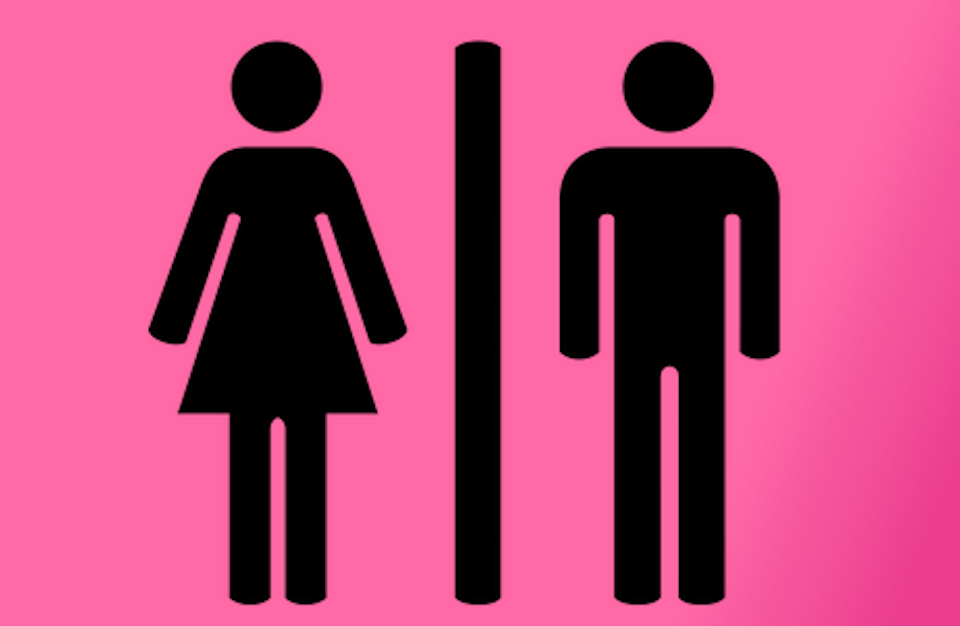This week a trans reader asks about her right to use the toilet of her choice rather than the one that corresponds with the gender on her birth certificate. Louise Neville, Associate Solicitor at QualitySolicitors Acklam Bond looks at the legal situation.

Dear TGUK,
I’ve recently started at a new college in the UK – and the bathroom policy is that students must use the toilet that corresponds with their genitalia. I’m a trans woman. I’ve not told friends other students at my college about my transition, but I do get awkward looks when I use the female bathroom.
What rights do I have when it comes to using the bathroom that fits my gender identity? Do I have to disclose that my genitalia doesn’t correspond with the toilet I wish to use?
Yours, Faye
Dear Faye,
In the UK there is no legislation that states men must use male toilets and women the ladies toilets. However, providers of separate-sex services such as bathrooms and changing rooms do have the right to decide on what facilities transsexual people can use.
The government do emphasise to providers of separate-sex services that it’s very important to take the views of the transsexual person into account when making a decision on what facilities transsexual people can use – they also say that the decision must be ‘objectively justified’, which means it must be a fair and reasonable way of achieving a legitimate aim.
This case also relates to the Equality Act 2010, which protects people from being discriminated against because they are transsexual. In the Act it is called gender reassignment discrimination.
There are four types of gender reassignment discrimination: Direct, indirect, harassment and victimisation. The relevant type for your case would be indirect discrimination, which occurs when an organisation has a particular policy that puts transsexual people at a disadvantage.
To be protected from gender reassignment discrimination you do not need to have undergone any specific treatment to change to your preferred gender. So you can be at any stage in the transition process, ranging from proposing to reassign your gender all the way to having completed it. This could be where a problem arises for your particular situation. As you haven’t disclosed to your college that you are a trans woman you may not be protected from indirect discrimination.
With all the above in mind, I would suggest speaking to a relevant person at your college that you would feel comfortable talking to, for example a lecturer. They may be able to help raise your concerns with the college administration who hopefully would look into either changing the policy or simply give you peace of mind that you can use the toilet which corresponds with your gender identity.
“If you find speaking with the college does not provide you with any assistance then you may want to consider making a formal complaint to the college regarding your treatment. Ultimately, if you feel that the problem persists and you consider yourself to discriminated against then you have the option of pursuing a claim through the county court on the grounds of discrimination. Please note that any claim must be issued at the court within six months less one day of the incident taking place. Hopefully however this will not be necessary.”
by Louise Neville, Associate Solicitor at QualitySolicitors Acklam Bond
ALSO READ: I have heard my employer can dismiss me for being transgender – is this true?
ALSO READ: Do I have to disclose that I am transgender?
This response is not intended to constitute legal or other professional advice, and should not be relied on or treated as a substitute for specific advice relevant to particular circumstances. Individuals should always seek legal advice from a professional which is specific to their unique set of circumstances.
Have you got a legal query you’d like to ask our experts? Get your free advice here. Submit your question here


